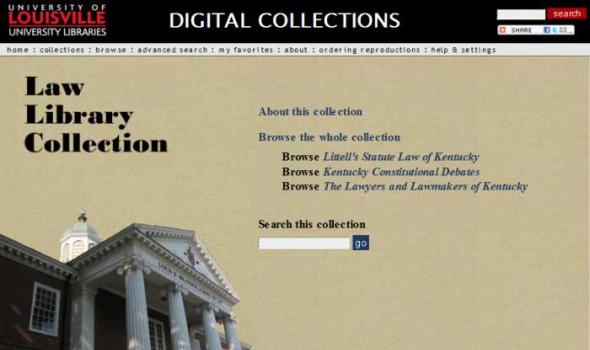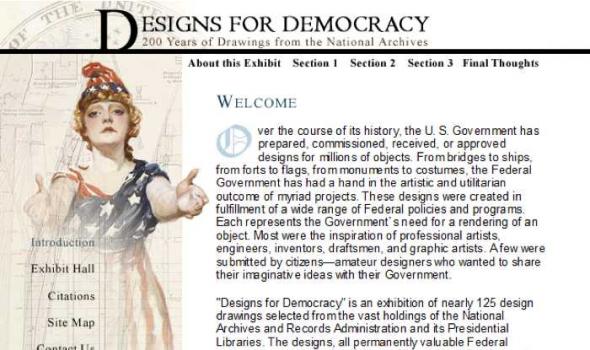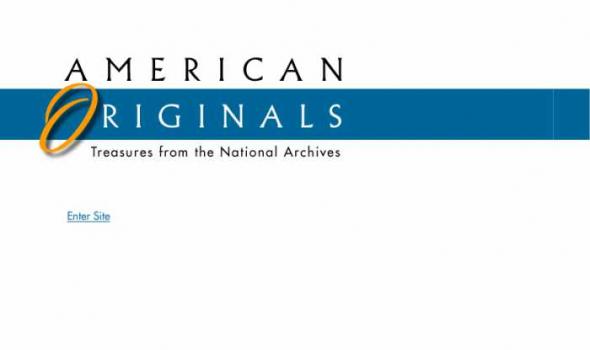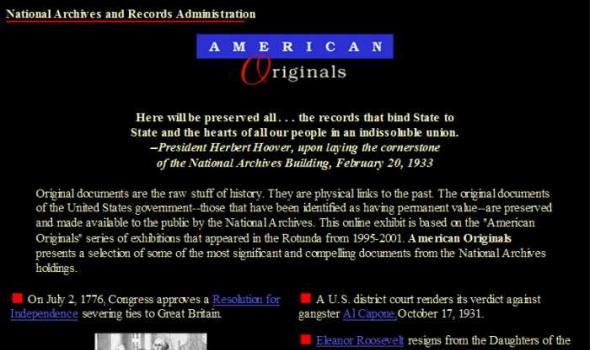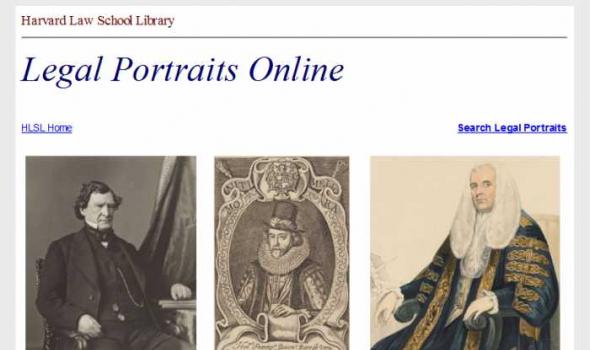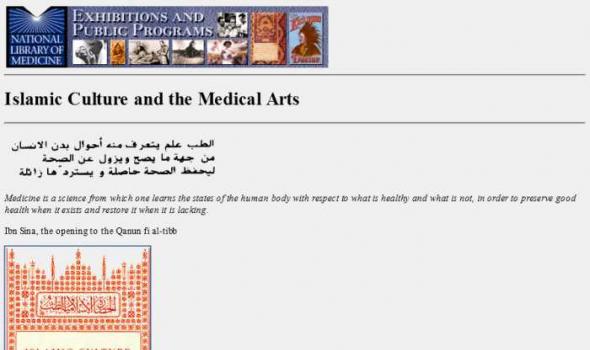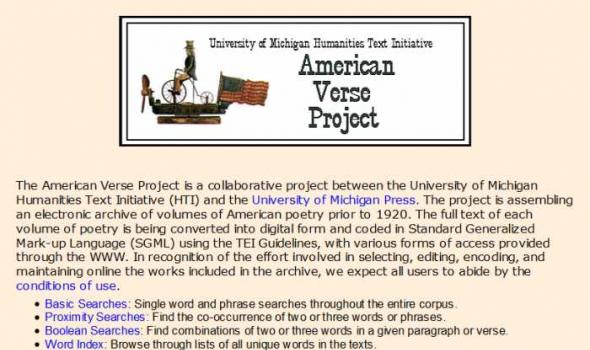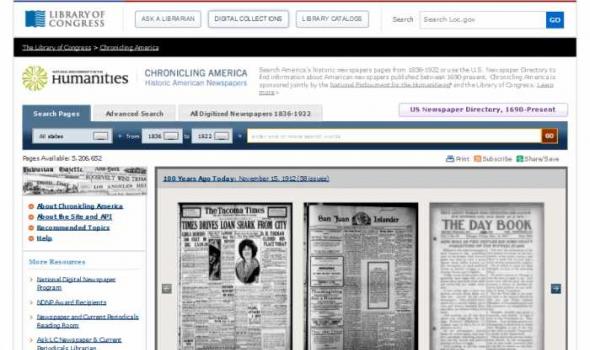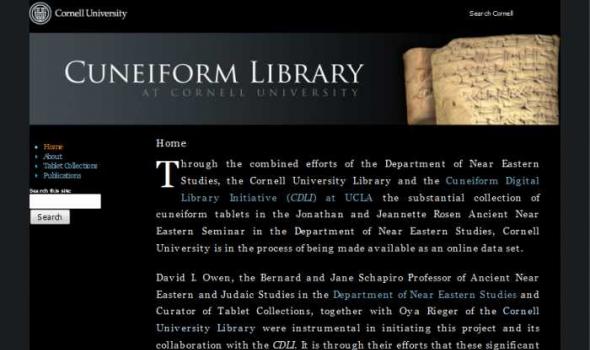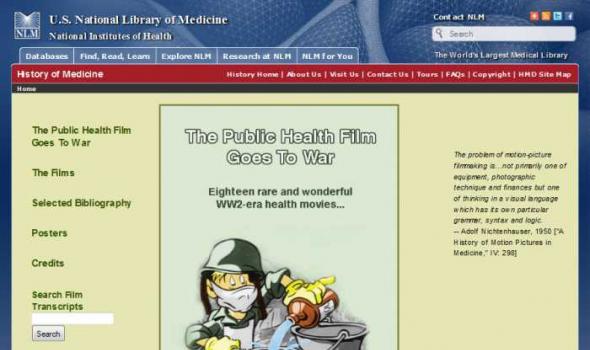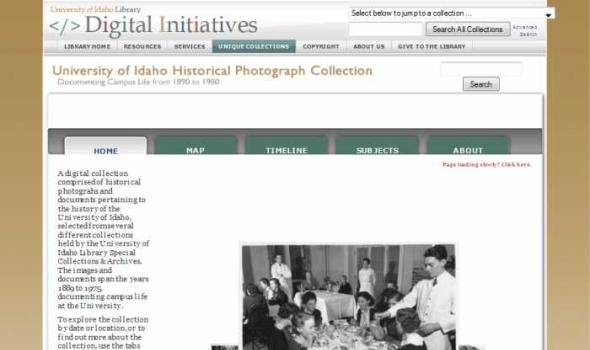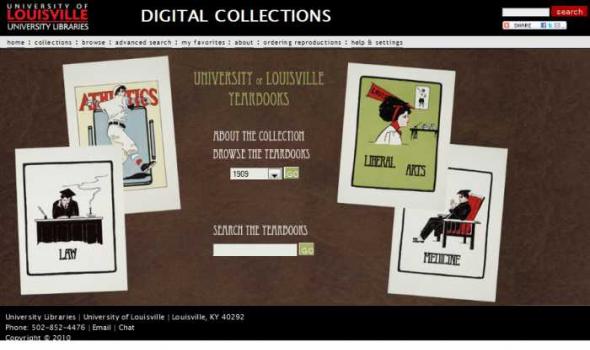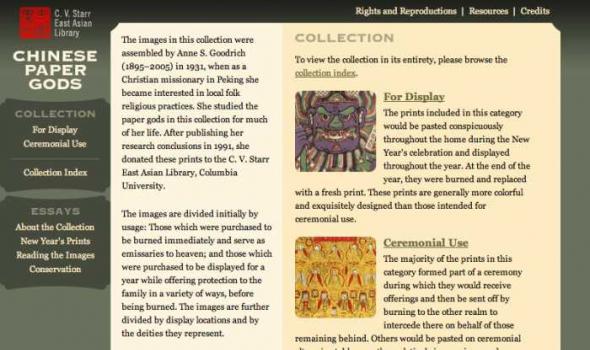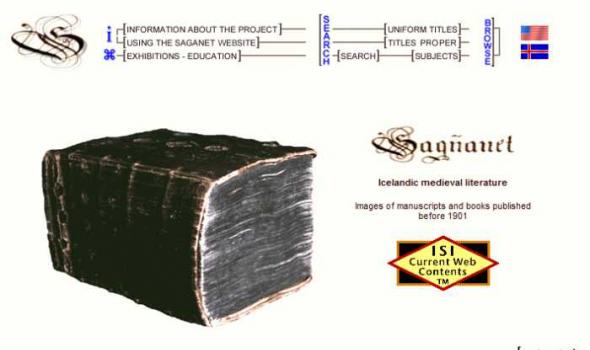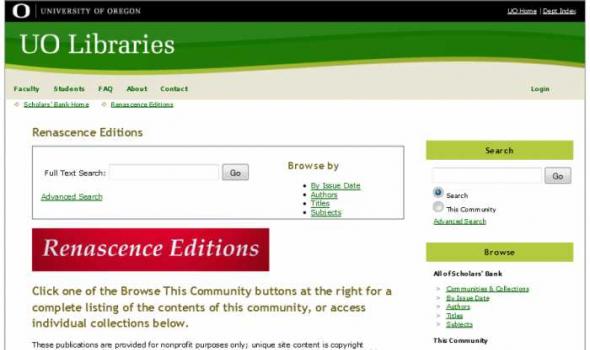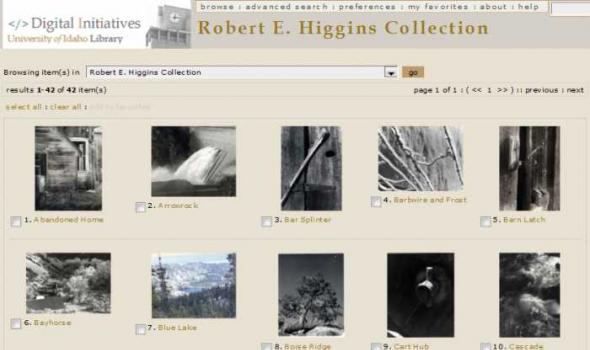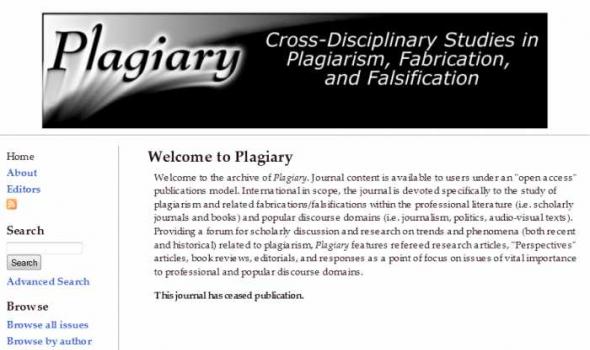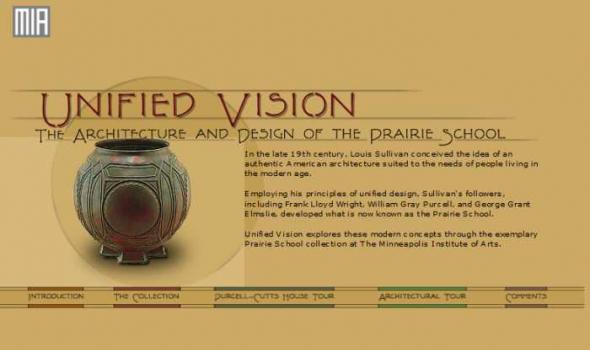Category: Law & Government, Politics
Results
DIGITAL COLLECTIONS About the Law Library The Law Library is a major regional resource for legal information, serving the university community, the practicing bar, and the general public. Its primary mission is to support the curriculum and the research needs of the faculty and the students of the University of Louisville Louis D. Brandeis School of Law. However, as part of an historic and distinguished law school whose roots reach deeply into Kentucky legal history, the Law Library has over the years accumulated rich collections of materials of national and state legal publications, many of which date back to the foundation of the American republic. In addition, through the efforts of Louisville native Louis D.
Treasures of Congress An exhibit in the National Archives Rotunda, Washington, DC January 21, 2000—February 19, 2001 Few institutions have been as central to the course of American history as the U.S. Congress. Most of the great issues in our national life have been played out there, and many of our most memorable political figures have served in the House of Representatives or the Senate. Congress's pivotal position was built into the American system in 1787.
Federal Designs: Symbolism Symbols are an important part of America`s design heritage. They establish and reinforce the national identity and patriotism. In some cases, American symbols are based on recognized associations. The ideals of Greek democracy, the power of Imperial Rome, or the refinements of European fashion frequently are reflected in Federal designs. At other times and for other purposes, designers created icons using images unique to this new country, to this new form of government, and to America`s aspirations to world power.
During the debates on the adoption of the Constitution, its opponents repeatedly charged that the Constitution as drafted would open the way to tyranny by the central government. Fresh in their minds was the memory of the British violation of civil rights before and during the Revolution. They demanded a "bill of rights" that would spell out the immunities of individual citizens.
The Federal Convention convened in the State House (Independence Hall) in Philadelphia on May 14, 1787, to revise the Articles of Confederation. Because the delegations from only two states were at first present, the members adjourned from day to day until a quorum of seven states was obtained on May 25. Through discussion and debate it became clear by mid-June that, rather than amend the existing Articles, the Convention would draft an entirely new frame of government. All through the summer, in closed sessions, the delegates debated, and redrafted the articles of the new Constitution.
In 1761, fifteen years before the United States of America burst onto the world stage with the Declaration of Independence, the American colonists were loyal British subjects who celebrated the coronation of their new King, George III. The colonies that stretched from present-day Maine to Georgia were distinctly English in character although they had been settled by Scots, Welsh, Irish, Dutch, Swedes, Finns, Africans, French, Germans, and Swiss, as well as English. As English men and women, the American colonists were heirs to the thirteenth-century English document, the Magna Carta, which established the principles that no one is above the law (not even the King), and that no one can take away certain rights.
"American Originals" is a changing exhibit that has presented the nation's greatest documentary treasures in the Rotunda of the National Archives Building since December 1995. Over the years, the exhibit has featured the first printing of the Declaration of Independence, the police blotter listing Abraham Lincoln's assassination, the first report of the Titanic's collision with an iceberg, Rosa Parks's arrest records, and many other items. Both famous and rare, these documents provide unique insights into the towering figures and events that have shaped U.S. history.
Here will be preserved all . . . the records that bind State to State and the hearts of all our people in an indissoluble union. --President Herbert Hoover, upon laying the cornerstone of the National Archives Building, February 20, 1933 American Originals presents some of the most treasured documents in the holdings of the National Archives. They have passed through the hands of George Washington, Helen Keller, Wyatt Earp, Napoleon, Rosa Parks, and John Hancock, connecting us physically to another moment in time. While some of the documents announce their own importance with a grand design, others quietly mark a revolution.
Here will be preserved all . . . the records that bind State to State and the hearts of all our people in an indissoluble union. --President Herbert Hoover, upon laying the cornerstone of the National Archives Building, February 20, 1933 In 1803 the young republic nearly doubles in size with the Louisiana Purchase. A casualty list of the 54th Massachusetts Infantry Regiment reveals the sacrifices of the most celebrated African-American regiment that fought in the Civil War. A police blotter lists the assassination of President Abraham Lincoln, April 14, 1865.
Due to Cornell's longstanding ties with Liberia, specifically through Professor Milton Konvitz's 20 years with the Liberian Law Codification Project and Professor Jane Hammond's work organizing the National Law Library , the Cornell Law Library has an extensive collection of Liberian materials, some of which are unique due to the destruction of the National Liberian Library during the civil war. With the end of hostilities in Liberia and as the country begins the process of rebuilding, scholarly interest in Liberia's past, present, and future has increased.
About the Collection As part of its holdings of legal art and visual materials , the Harvard Law School Library owns a collection of over 4000 portrait images of lawyers, jurists, political figures, and legal thinkers dating from the Middle Ages to the late twentieth century. Although most of these prints, drawings, and photographs depict legal figures prominent in the Common Law, a significant number portray jurists and legal educators associated with the Canon and Civil Law traditions.
